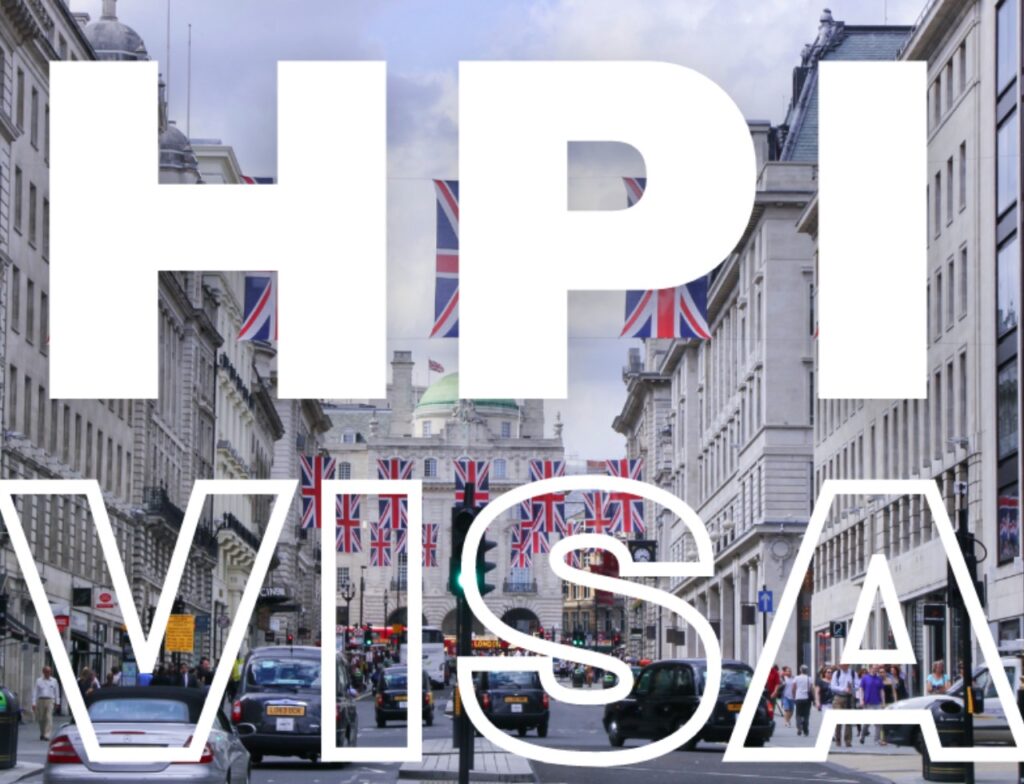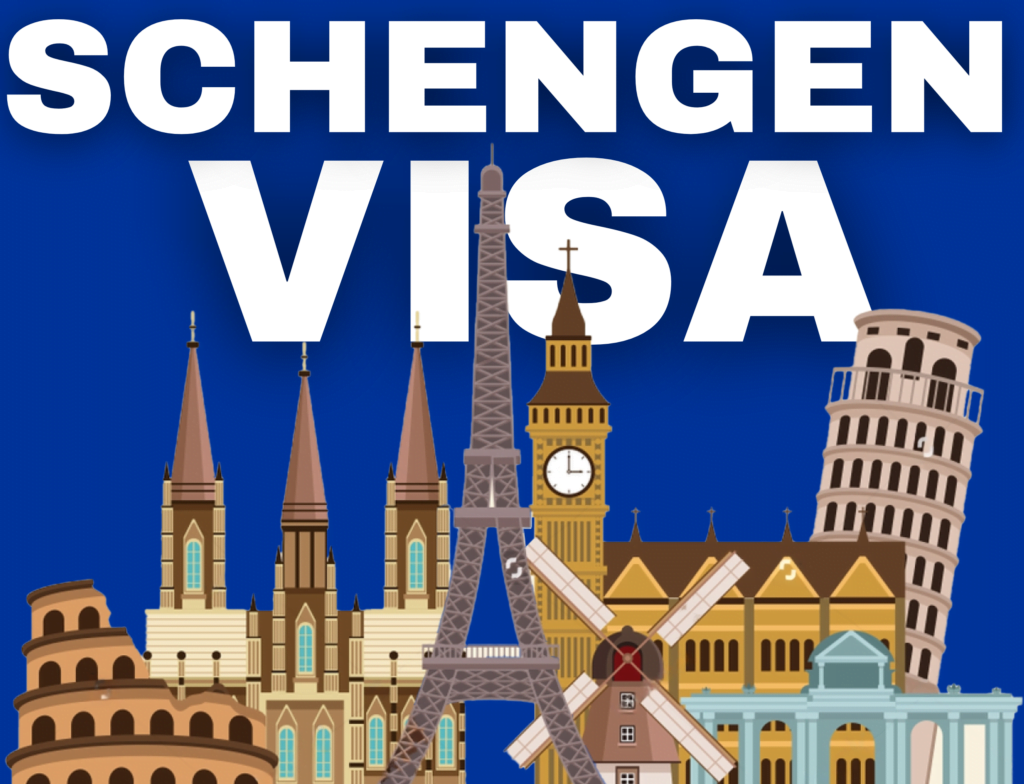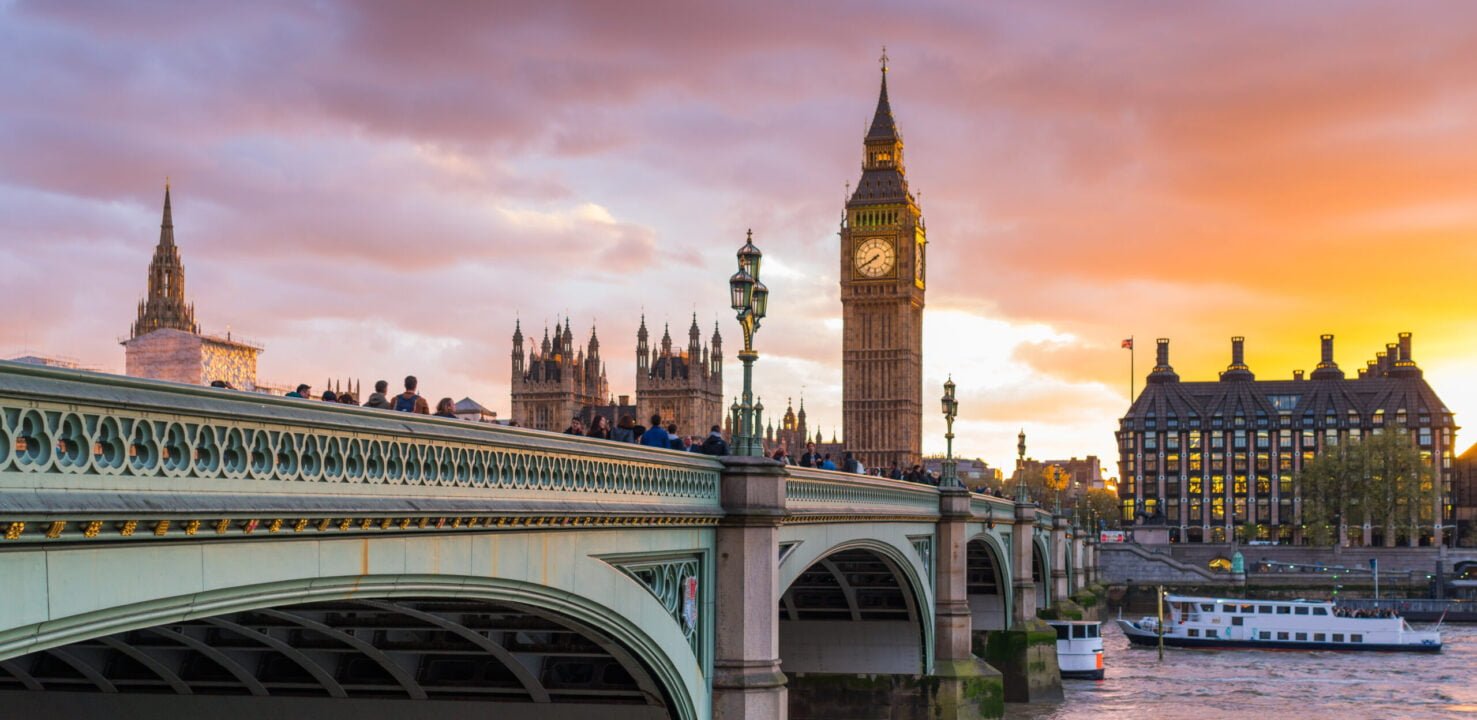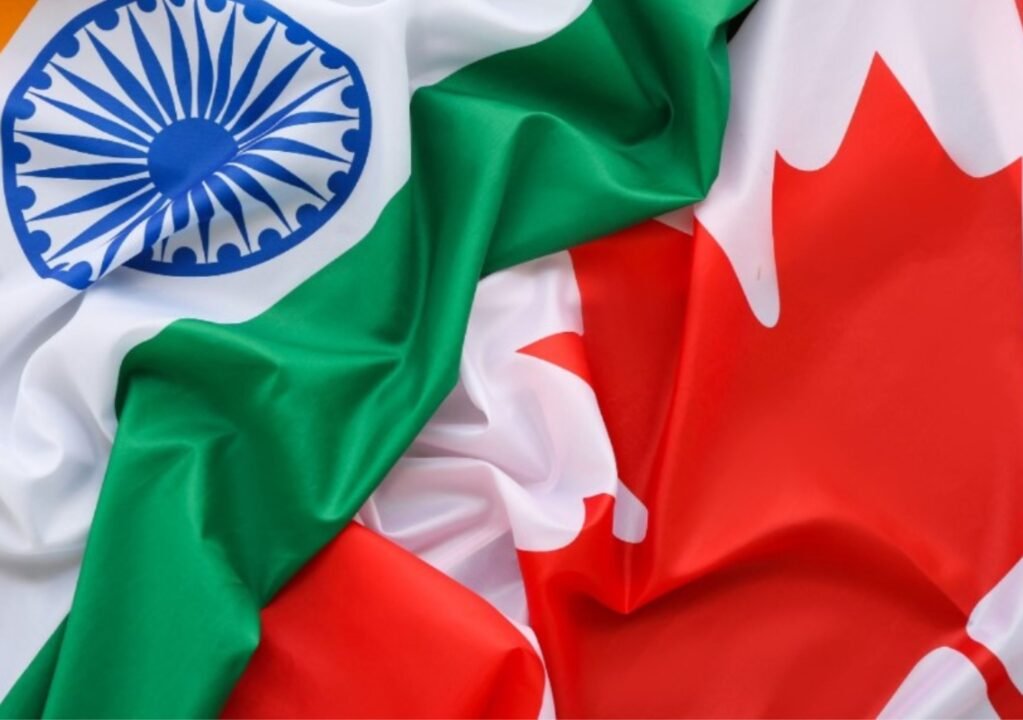Recent elections in the United Kingdom have come up with new changes, with Keir Starmer UK Election Win replacing Rishi Sunak as the Prime Minister of the United Kingdom. In his maiden speech, Keir Starmer noted that the British economy was in a terrible state and indicated preparedness to make tough adjustments to the same. Among the risks that can occur in the future is an adjusted policy on immigration, which was one of the topics of the 2024 general elections. As for net migration, both of the major political parties have committed to its reduction, although the impact on Indian immigrants may be very vast.
Changes Implemented
The skilled worker visa, now the biggest work migration category in the UK, has been altered already. Since April 2019, the minimum salary threshold has been £38,700 or the national rate for the job, whichever is greater. Dependents are no longer allowed to accompany social care workers on their visas. The list of occupations that are allowed for sponsorship with a lower required salary compared to the applicant has been reduced, and the requirement for minimum income to sponsor a spouse or partner visa has also been raised from £18,600 to £29,000.
Legal Immigration: Labour Party Position
The UK Labour Party leader, Sir Keir Starmer, outlined an immigration policy on June 2 that seeks to minimise net migration through skills training for local employees and a better working environment. Employers were assured of laws that would make the use of overseas skilled workers as the first option unlawful. The Labour Party stated that they have “no plans” to alter the restrictions regarding health and care workers bringing their families to the UK, and their manifesto promises to “cut immigration numbers, net,” while omitting an actual figure.
From which countries do migrants originate?
In 2023, EU citizens made up 10% of total migrants arriving in the UK, with 1,18,200 migrants, nearly similar to the 1,16,000 witnessed in 2022. Approximately 85% (1,031,000) came from outside the EU, with the top five non-EU nationalities being:Approximately 85% (1,031,000) came from outside the EU, with the top five non-EU nationalities being:
Indian: 250,000
Nigerian: 141,000
Chinese: 90,000
Pakistani: 83,000
Zimbabwean: 36,000
Student Migration
Education is one of the various reasons that show that international students and families have contributed hugely to the increase in net migration since 2019. International students may be granted permission to stay in the UK and work for two years after earning a degree, provided that they apply for the Graduate Visa; PhD graduates can work for three years. Nevertheless, from the January 2024 session on, the majority of the students, except for those pursuing postgraduate research programmes, were prohibited from bringing their dependents to the UK. This ban will also be continued by Labour’s government.
Impact on Immigration
Unemployment is a major problem in the UK, and this is a shot down for the Conservatives. The Labour government is keen on creating and protecting employment for the nationals or citizens of the country.“ Strictly skilled immigration policies will remain the norm for most countries in this organisation, except for the healthcare sector and some trades, as stated by Ajay Sharma, the founder of the Abhinav Immigration Service. He, however, notes, “The stringent immigration policies being implemented in the UK, according to the graph, are a result of efforts to protect domestic employment opportunities and woo foreign direct investment due to economic strains occasioned by Brexit and Russia-Ukraine’s war.
Lastly, the article indicated how Indians will be affected:
Prospective reforms to immigration rules can affect Indian people most of all, as they currently constitute a large portion of the non-EU immigrants in Great Britain. Tightening of both measures might reduce the ability of Indians to seek employment in the UK. However, it is crucial to recognise a significant deficiency in the domestic workforce in the United Kingdom. Vandana Mahajan, Founder and Director of Futures Abroad, said, “It will take time before they can impart the necessary skills to locals to perform the duties of migrant workers still working abroad.”
Balancing Economic Needs
According to Mahajan, Labour may result in policies that are slightly less selective for applicants but more balanced and able to adapt to changing times. Labour may also strengthen the MAC and keep the graduate visa route. It may also come up with more robust measures for combating rogue employers of immigrants.
Options for Indians
Mahajan lists several visa options available for Indians:Mahajan lists several visa options available for Indians:
Skilled Worker Visa: As such, for Indians with job offers in sectors that have a demand for specific skill sets, it is possible that they may not meet the required skill levels.
Global Talent Visa: For those that have been recognised or are likely to be recognised as leaders or potential leaders in academia, research, the arts, or digital technology.
Graduate Route: The rest of the Indians who finished their studies can work for two years (three for postgraduate degrees) before they need to seek other means to stay legally in the UK.
Intra-Company Transfer Visa: For expatriate organisational workers or personnel of international organisations posted to the UK station.
Inbuilt with a more analytical perspective, Aritra Ghosal, Founder and Director of OneStep Global, had the following observations to share on the immigration changes: ‘While the political uncertainties may have dented the nation’s image as a study destination, the reality is that ‘The UK still remains one of the best places to obtain education, conduct research, and work after graduating.’’ Ghosal asserts. According to West, these policies aim at making sure that immigration brings benefits and not costs to the UK economy. Nevertheless, it is imperative that we take into consideration the farther-reaching consequences. As international students contribute a lot of revenues in the form of tuition fees, this leads to the development of other courses, which also helps to make up the cost of supporting domestic students and researchers.
In addition, international students serve as a source of regular labour in the UK market since they work for a limited period of time. According to Ghosal, it needs the favourable support of the government to reach an optimum level of development that can support the growth of the economy as well as the needs of the educational sector.
Balancing Jobs and Immigration: The UK government can take the following measures:
To address the job and price hike crisis while allowing immigrants, the UK government can:To address the job and price hike crisis while allowing immigrants, the UK government can:
Introduce Targeted Visa Programmes: Concentrate on sectors with skill deficits by extending specialty visas to workers in specialised fields.
Streamline Visa Processes: In order to reduce complexities and time in hiring, ease the system of recruiting the qualified workforce to help fill the workforce in the shortest time possible.
Economic Impact Assessments: It is also important, from time to time, to review the economic effects of immigration policies so as to achieve a balance between allowing immigration to fill the needs of the country without limiting the potential of the immigrants in the country.
Enhance Integration Programmes: Promote integration policies to enable such immigrants to assimilate and become active and productive citizens, which would ease the immigration concerns of the populace.





